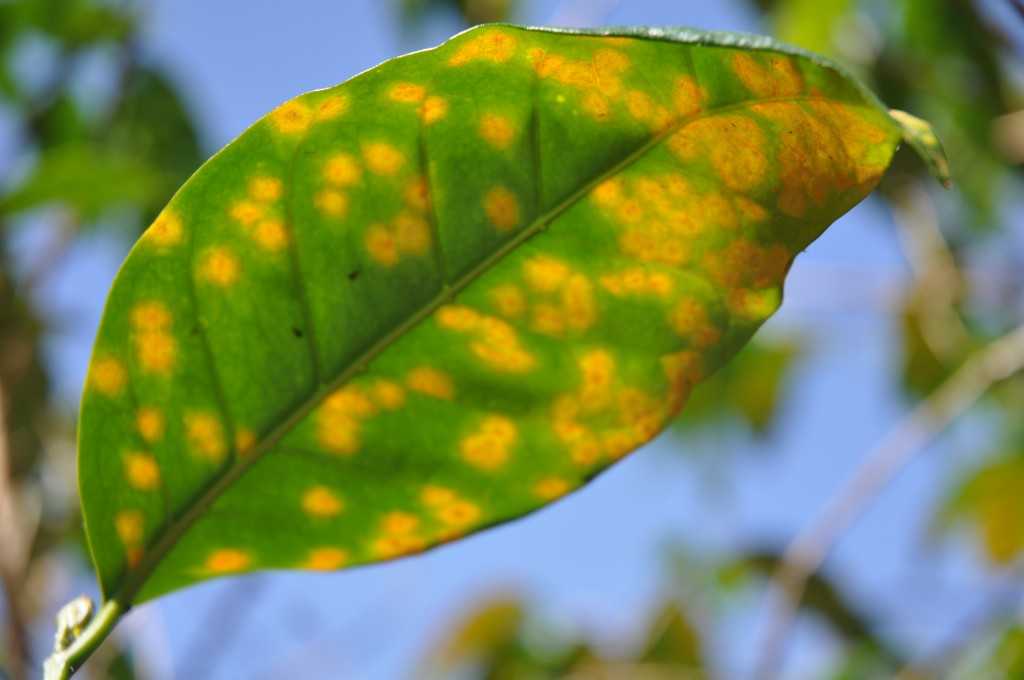HILO, Hawaiʻi, US – An assistant professor of geography at the University of Hawaiʻi at Hilo is the co-author of a perspective in the Proceedings of the National Academy of Sciences that concerns coffee leaf rust (CLR), the most significant coffee plant disease in the world. Dr. Chris Knudson’s research, titled “Epidemics and the future of coffee production,” also addresses how Covid-19 can lead to a worsening global CLR epidemic.
“CLR was found in Hawaiʻi for the first time last October,” Knudson noted. “Until then, Hawaiʻi was the only major coffee-growing region without CLR.
“In this perspective, we draw on recent scientific research on the coffee leaf rust (CLR) epidemic that severely impacted several countries across Latin America and the Caribbean over the last decade to explore how the socio-economic impacts from COVID-19 could lead to the re-emergence of another rust epidemic.
We describe how past CLR outbreaks have been linked to reduced crop care and investment in coffee farms – as evidenced in the years following the 2008 global financial crisis,” he added.
“We conclude by arguing that COVID-19’s socio-economic disruptions are likely to drive the coffee industry into another severe production crisis… [However,] by increasing investments in coffee institutions and paying smallholders more, we can create a fairer and healthier system that is more resilient to future social-ecological shocks.”
The perspective is co-written by Kevon Rhiney (Rutgers University), Zack Guido (University of Arizona), Jacques Avelino (CIRAD, UMR PHIM, Turrialba, Costa Rica), Christopher M. Bacon (Santa Clara University), Grégoire Leclerc (CIRAD, UMR SENS, Montpellier, France), M. Catherine Aime (Purdue University), and Daniel P. Bebber (University of Exeter) and is available at: https://www.pnas.org/content/118/27/e2023212118.


















